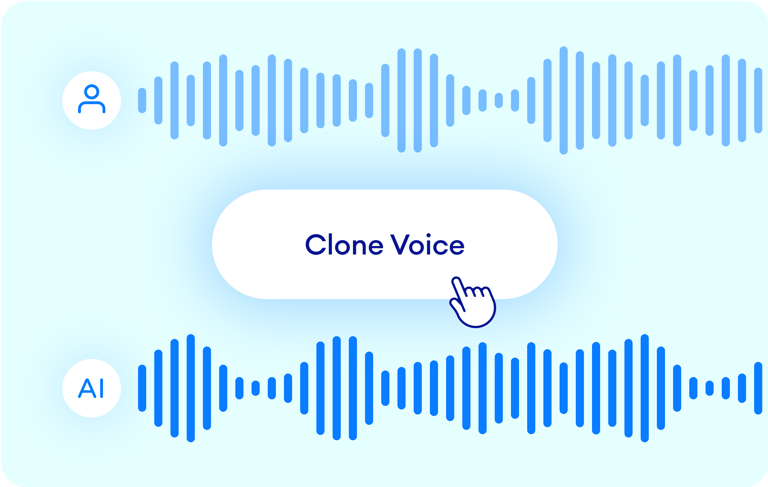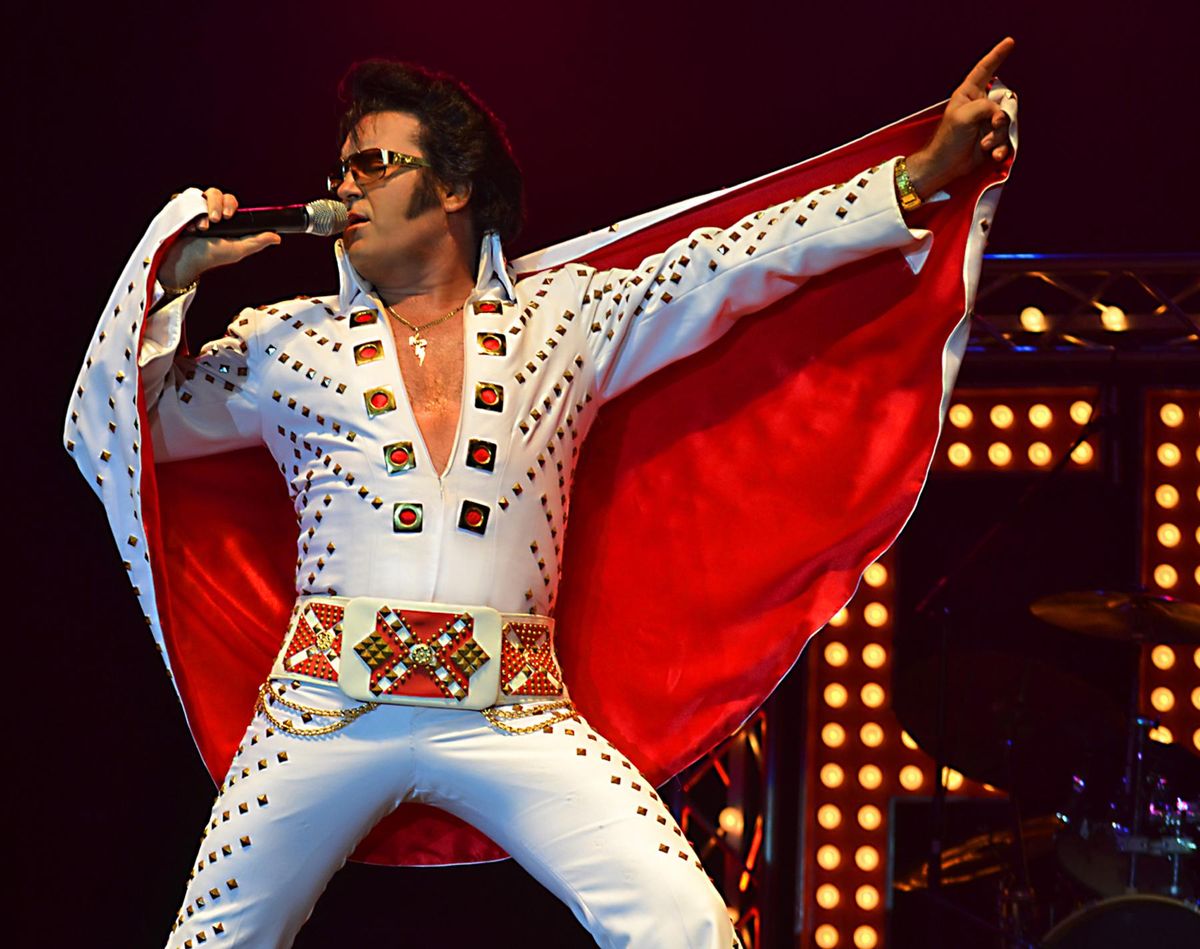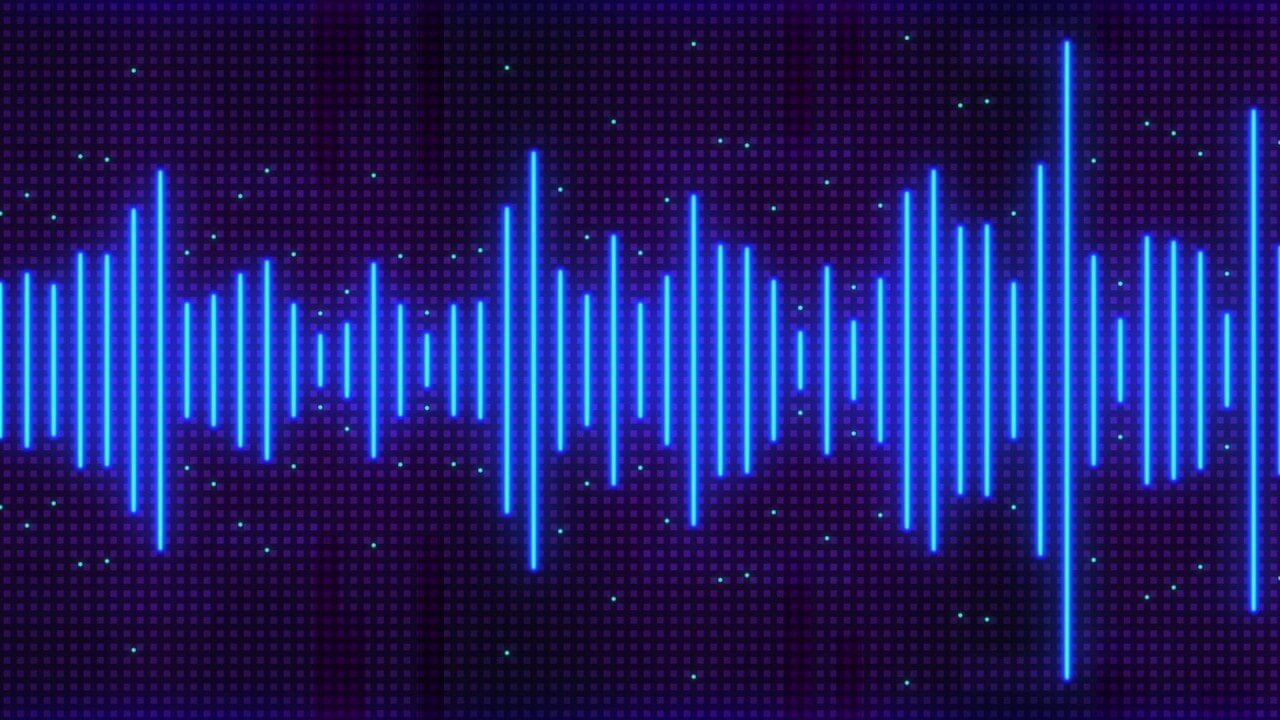Can AI-Generated Output Be Protected Under Intellectual Property Law?
By Audrey Zhang Yang
Introduction
AI-generated output represents a groundbreaking integration of technology and creativity that increasingly challenges established norms in the legal world. Inevitably, it raises the question on whether law and policy on intellectual property protection should evolve and adapt to recognize this changing innovation trend. The Progress Clause of the Constitution gives Congress the power to “promote the Progress of Science…by securing for limited Times to Authors…the exclusive Right to their…Writing.”[i] Pursuant to this authorization, the Copyright Act extends copyright protection for “original works of authorship fixed in any tangible medium of expression.”[ii] The Copyright Act neither defined “authorship” not “works of authorship.”[iii] Traditionally, courts assigns authorship to individuals who create original works. However, determining authorship is more challenging in the case of artificial intelligence (AI). Some believe that since AI systems are tools programmed by humans, the programmers are entitled to authorship rights.[iv] Also, when someone instructs AI to solve a problem, that person might qualify as an investor if she formulates a problem in a manner that requires inventive skill.[v] However, laws on intellectual property, patent, and copyright were not originally passed with AI in mind. Therefore, there is no law specifically addressing AI-generated invention in any jurisdiction.






